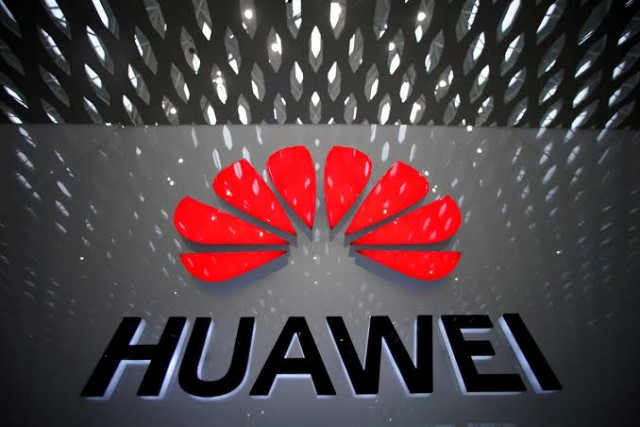US judge rejects Huawei challenge to federal law restricting its business
Huawei’s constitutional challenge to a US law

Britain caps Huawei's share of market at 35%. PHOTO: REUTERS
In a 57-page decision, US District Judge Amos Mazzant ruled in favor of the United States, concluding that Congress acted within its powers by including the restriction in the National Defense Authorisation Act, which also targeted Chinese company ZTE Corp.
A Huawei spokesman said the company was disappointed in the loss.
“While we understand the paramount significance of national security, the approach taken by the US Government in the 2019 NDAA provides a false sense of protection while undermining Huawei’s constitutional rights. We will continue to consider further legal options,” the spokesman said.
US firms to continue business with Huawei
The government was pleased with the ruling, a Justice Department spokesman said.
The decision comes as the United States has a wide-ranging effort underway to prevent Huawei from being used in sensitive telecommunications equipment in the United States or elsewhere.
Huawei filed the lawsuit in March 2019, saying a law limiting its US business was unconstitutional.
Huawei had challenged Section 889 of the National Defense Authorisation Act, signed into law by US President Donald Trump, which bars federal agencies and their contractors from procuring its equipment and services. Huawei lost on a summary judgment decision.
Huawei first-half revenue up about 30% despite US ban
Among its many arguments, Huawei argued that the NDAA was overbroad in restricting its sales and violated due process.
Judge Mazzant of the US District Court for the Eastern District of Texas disagreed on both counts, saying that the NDAA was “appropriately tailored to the burdens imposed” and said he was unpersuaded that the law impairs Huawei’s existing and future contracts.
Huawei’s lawsuit said its “equipment and services are subject to advanced security procedures, and no backdoors, implants, or other intentional security vulnerabilities have been documented in any of the more than 170 countries in the world where Huawei equipment and services are used.”
While Huawei had a very little share of the US market before the bill, it is the world’s biggest telecoms gear maker and is seeking to be at the forefront of a global rollout of fifth-generation (5G) mobile networks and services.
The Trump administration is also considering changing U.S. regulations to allow it to block shipments of chips to Huawei from companies such as Taiwan Semiconductor Manufacturing (TSMC), the world’s largest contract chipmaker, two sources familiar with the matter said.



















COMMENTS
Comments are moderated and generally will be posted if they are on-topic and not abusive.
For more information, please see our Comments FAQ